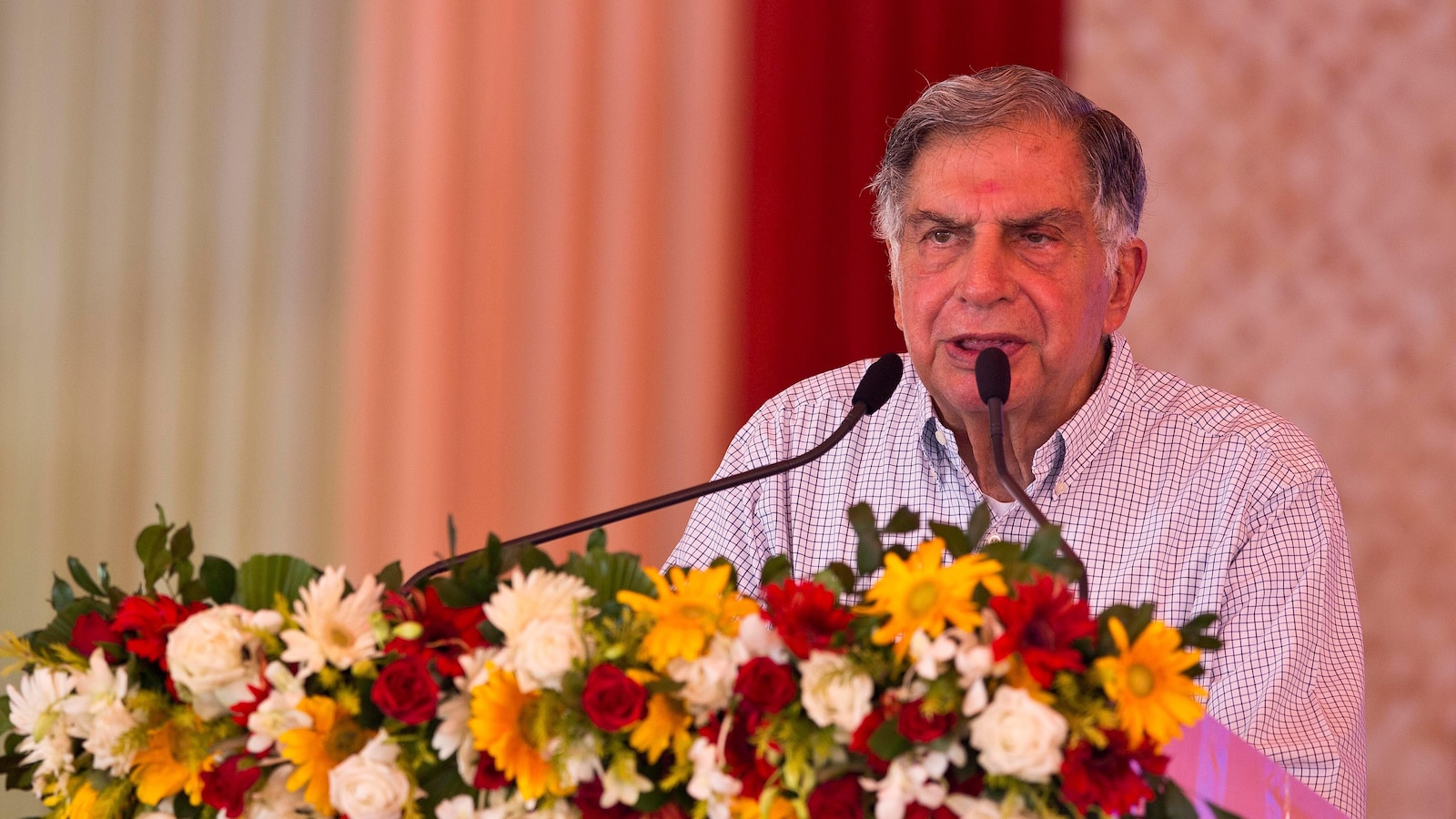NEW DELHI — Ratan Tata, a former chairman of Indian conglomerate Tata Sons, died at a Mumbai hospital on Wednesday night. He was 86.
Tata Sons chairman N Chandrasekaran confirmed Tata’s death and described him in a statement as his “friend, mentor, and guide.”
Tata was admitted this week to the Breach Candy Hospital in south Mumbai, the city where he lived. Soon after he was hospitalized, Tata issued a statement on Monday saying that there was no cause for concern regarding his health and he was undergoing checkups for age-related medical conditions.
Prime Minister Narendra Modi described Tata as a visionary leader, and a compassionate and an extraordinary human being.
“He provided stable leadership to one of India’s oldest and most prestigious business houses. At the same time, his contribution went far beyond boardrooms,” Modi said on X.
“Tata endeared himself to several people, thanks to his humility, kindness and an unwavering commitment to making our society better,” Modi said in his tributes, referring to his philanthropy work.
Industrialist Harsh Goenka called him a “titan.”
Tata received the Padma Bhushan, one of India’s most distinguished civilian awards, in 2000.
Tata Group is a sprawling collection of nearly 100 companies, including the country’s largest automaker, the largest private steel company and a leading outsourcing firm. The companies employ more than 350,000 people worldwide. In June 2008, Tata bought Jaguar and Land Rover from Ford for $2.3 billion.
Tata pioneered commercial aviation in India when it launched an airline in 1932 that later became Air India. The government later took it over.
Tata Group bought state-owned Air India in 2021. It also started a full-service carrier, Vistara, with Singapore Airlines, but recently merged it with Air India.
Tata companies include Tata Steel, Tata Motors, Tata Power and the information technology company Tata Consultancy Services.
In 2009, the company surprised the automobile industry by launching Tata Nano, a tiny vehicle with a rear engine costing about 100,000 rupees (then $2,000). Publicized as a “People’s Car,” it could seat up to five adults. Ratan Tata had said it would provide a “safe, affordable, all-weather form of transport” to millions of middle- and lower-income Indian consumers.
However, due to the low sales of the tiny car, the company stopped its production in 2018.
Ratan Tata graduated from Cornell University with a bachelor’s degree in architecture. He joined the Tata group in 1961 and succeeded J.R.D. Tata as chairman of Tata Sons upon the latter’s retirement in 1991.
In December 2012, Tata retired as chairman of the Tata Sons. He briefly served as interim chairman beginning Oct. 2016, following the ouster of his successor, Cyrus Mistry. He returned to retirement in 2017 when Natarajan Chandrasekaran was appointed chairman of the Tata Group.

